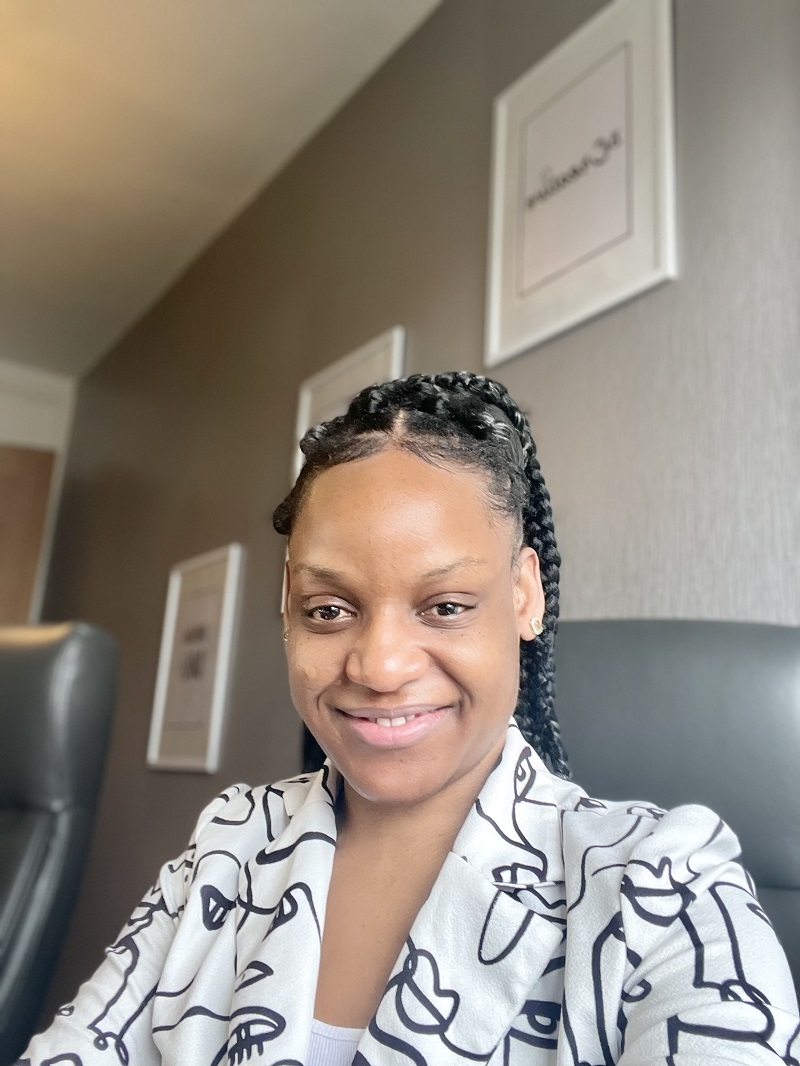Dr Lem Ngongalah
Faculty Fellow
I have always been passionate about research as a means to making a difference in society, so a PhD was an obvious decision after my postgraduate degree. As an international student, the route to securing funding for a PhD was not easy, but I successfully applied for a Newcastle Overseas Research Scholarship and started my PhD here in Newcastle in 2016, looking at obesity and weight perceptions in African migrant women and their children.
I combined my PhD studies with working part-time as a research assistant at the Population Health Sciences Institute, then moved into a full-time Research Associate post at the end of my PhD. By then, I had my own research ideas that I wanted to develop. My supervisors and colleagues have always been very generous with their time and support and they’ve given me feedback on my ideas and signposted me to resources like the Research Design Service which has been tremendously helpful.
My ultimate goal is to secure an NIHR fellowship. I successfully applied for a Faculty Fellowship in 2022, which will allow me to further develop my project idea, build my networks and enhance my researcher profile, all of which will strengthen my NIHR application. I still remember the morning when I got the phone call that I was successful – it felt like a dream!

Why a career in research?
I absolutely enjoy the intellectual stimulation of research. As well as doing hands on work on projects, you also get involved in grant proposals, collaborating with other researchers, writing reports and papers, and disseminating findings to a wider audience. I am constantly learning new creative ways to engage other people in the work I do. Research can also be lengthy with no guaranteed happy ending, such as when a paper gets turned down for publication. That’s all part of the process, but it is worth it as it ensures that the work is scientifically rigorous and ethically sound.
It is personally fulfilling to know that the work I do can make a difference and have real impact on society. My Faculty Fellowship will contribute to reducing health inequalities, supporting women to stay healthy during pregnancy, and improving the health and nutritional status of migrant women and their children.
What advice would you give anyone starting their career in research in FMS?
Embrace opportunity. Seek out support and guidance. Be determined!
Take every opportunity offered to gain new skills and enhance yourself professionally. For example, collaborating on other PhD students’ work, such as systematic reviews can develop your own reviewing skills. As a student, working on various projects through JobsOC increases your research skill set and can result in publications. As an RA, taking opportunities to represent your project team at workshops and conferences gives you exposure and expands your professional networks.
Build a relationship with your supervisors and colleagues as there is so much to gain from sharing ideas about your work. Tell them your plans and ambitions. I received so much support while preparing for my Faculty fellowship. The advice and feedback I received on draft applications, interview preparations and CV building was invaluable.
I have faced multiple challenges during my career and some days I have had to be my own motivation and remember why I started this journey in the first place. Research isn’t easy, but if you are determined to succeed, you will experience the excitement and enjoy the rewards.
Build a relationship with your supervisors and colleagues as there is so much to gain from sharing ideas about your work. Tell them your plans and ambitions.
